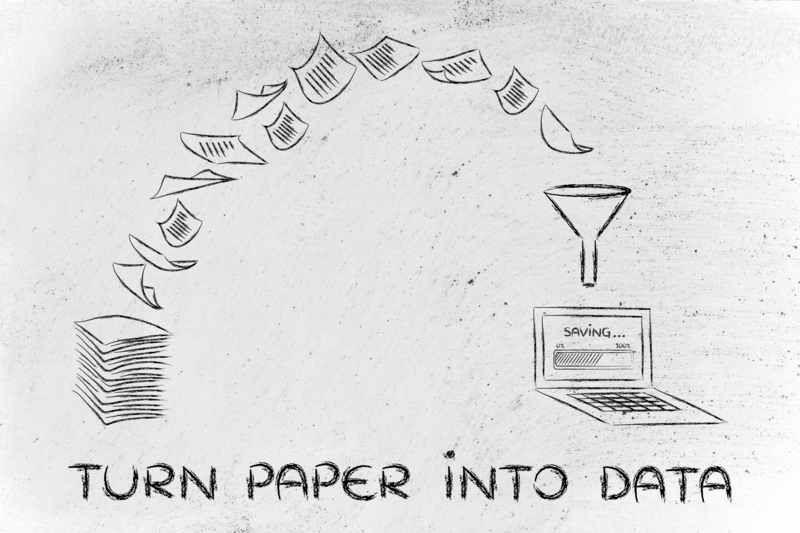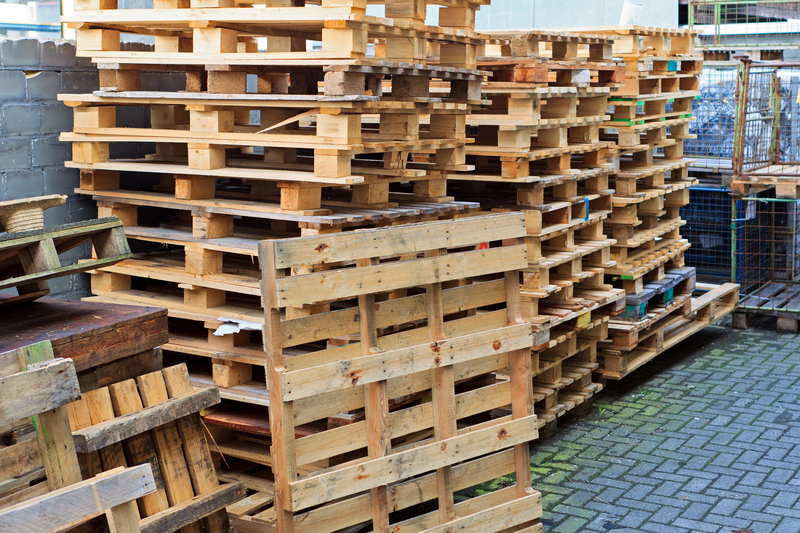Empowering Children Through Recycling Education: Shaping a Sustainable Future
In today's world, empowering children through recycling education has become more important than ever. With growing concerns about environmental degradation, climate change, and the accumulation of waste, teaching kids about recycling isn't just a classroom activity--it's a vital life skill. By fostering environmental responsibility early, we help children shape a greener, cleaner, and more sustainable world.

Why Recycling Education Matters for Children
The earlier we expose children to recycling practices and eco-friendly habits, the greater the chance they will become environmentally conscious adults. Recycling education offers numerous benefits, including:
- Awareness: Kids learn about the impact of waste and the value of resources.
- Responsibility: Teaching children to recycle instills a sense of ownership for protecting the planet.
- Action: Practical recycling knowledge empowers children to make informed decisions and take proactive steps.
- Ripple Effect: Kids act as environmental ambassadors, inspiring families and communities to recycle.
The Role of Recycling in Sustainable Living
A robust recycling education for children is at the heart of sustainable living. Children are naturally curious and eager to learn, making them ideal candidates for introducing new behaviors. When kids understand the purpose and process of recycling, they are more likely to integrate eco-friendly habits into their daily lives.
Understanding the 3 R's: Reduce, Reuse, Recycle
The foundational concept in recycling education is the three R's:
- Reduce: Minimizing waste by consuming less and making mindful choices.
- Reuse: Finding new ways to use items before discarding them.
- Recycle: Processing used materials into new, useful products.
When children grasp these principles, they begin to see how their actions can directly influence the environment. Empowering children through recycling lessons ensures that sustainable habits are developed and maintained over time.
Strategies for Effective Recycling Education
To successfully empower children with recycling knowledge, parents, teachers, and community leaders need to employ engaging and age-appropriate strategies. Here's how you can make recycling education both fun and memorable:
1. Hands-On Learning Experiences
- Organize recycling workshops where kids can sort items by material--paper, plastic, or metal.
- Take children on visits to local recycling centers or waste management facilities to see the process firsthand.
- Encourage creative reuse through art projects, such as making sculptures from recyclable materials.
2. Incorporate Recycling into the Curriculum
- Integrate recycling topics into science, geography, and social studies lessons.
- Use stories, books, and multimedia resources that focus on environmental themes.
- Create classroom recycling competitions or projects to motivate participation.
3. Lead by Example
- Demonstrate proper recycling techniques at home and school.
- Share real-life stories of individuals and organizations making a difference.
- Celebrate achievements to reinforce the value of recycling behavior.
4. Community Involvement
- Participate in neighborhood clean-up events or local recycling drives.
- Partner with organizations for educational outreach and resources.
- Encourage children to become recycling ambassadors in their communities.
Empowering Kids: Fun Recycling Ideas and Activities
Making recycling enjoyable is vital for maintaining children's interest. Here are some creative ways to teach recycling that can both educate and entertain:
- Eco-Scavenger Hunts: Organize hunts for items that can be recycled and discuss why each item matters.
- DIY Recycled Crafts: Build bird feeders from bottles, or planters from old cans, highlighting the importance of reusing materials.
- Sorting Games: Challenge kids to quickly sort a pile of mixed items into recycling bins correctly.
- Recycling Pledges: Have children write and sign personal pledges to recycle more at home and in school.
- Upcycling Competitions: Organize contests for innovative upcycled creations.
Through such hands-on activities, kids learn recycling skills that will serve them for a lifetime. More importantly, they begin to appreciate their role in environmental stewardship.
Addressing Common Challenges in Recycling Education
While the benefits of teaching recycling to children are clear, some obstacles need to be addressed:
Myth-Busting and Correcting Misconceptions
Many children (and adults) carry misconceptions about recycling. For instance, they may believe that all plastics are recyclable or that items do not need to be cleaned before recycling. It's crucial to address these myths through accurate, child-friendly education.
Building Consistency Between Home and School
Consistency is key--what children learn at school should be reinforced at home. Collaboration between parents and teachers ensures children receive unified messages about recycling.
Adapting to Different Age Groups
Younger children need simple explanations and visual cues, like color-coded bins, while older children can explore more complex topics, such as the global impact of e-waste or the economics of recycling. Tailoring recycling education for various ages maximizes understanding.
How to Raise Environmentally Conscious Children Through Recycling
Raising eco-aware kids starts at home. Here are actionable steps to boost eco-consciousness through everyday recycling:
- Make recycling bins accessible and clearly labeled in the household.
- Discuss how family choices (like buying products with less packaging) impact waste production.
- Involve children in community clean-up days and environmental events.
- Budget for eco-friendly products together, teaching the value of responsible consumption.
- Encourage questions and foster curiosity about where waste goes and how it can be avoided.
By making sustainability a family value, you set a strong example and empower your children to become lifelong environmental protectors.
Leveraging Technology in Recycling Education for Youth
Technology offers dynamic tools for enhancing recycling learning for kids. From educational apps to interactive videos, digital innovation brings recycling lessons to life.
Educational Apps
- Apps like "Recycle Hero" and "Gro Recycling" use games and challenges to teach sorting and eco-friendly habits.
- Mobile platforms offer instant feedback, boosting motivation and reinforcing concepts.
Online Resources and Virtual Tours
- Websites offer videos and quizzes that cover the journey of recyclable materials.
- Virtual tours of recycling facilities help kids visualize the recycling process even when field trips are not possible.
Interactive Online Communities
- Kids can join forums and groups to share their recycling projects and learn from peers globally.
The Positive Impact of Recycling Education on Society
When we focus on recycling education for the next generation, we don't just benefit the environment--we also strengthen communities. Children taught about recycling contribute to:
- Waste Reduction: Decreasing the volume of waste sent to landfill sites.
- Resource Conservation: Saving energy and raw materials through effective recycling.
- Civic Engagement: Inspiring families and friends to participate in sustainable behaviors.
- Innovation: Spurring new ideas and solutions for waste management and sustainability.
How Schools Can Lead the Way in Recycling Empowerment
Schools hold a special place in shaping young minds. By prioritizing recycling empowerment, educators can create lasting change. Some approaches include:
- Establishing Green Teams: Allow students to lead recycling initiatives and campaigns.
- Hosting Eco-Fairs: Invite environmental organizations for workshops and exhibitions.
- Implementing Waste Audits: Involve students in tracking and analyzing school waste.
- Integrating Sustainability Across Subjects: Collaborate across disciplines for a holistic approach.
These methods foster leadership, teamwork, and a deeper understanding of how daily choices shape our planet.

Overcoming Barriers to Recycling in Schools and Communities
While many schools aim to be green, common challenges include limited funding, lack of awareness, and logistical constraints. Addressing these obstacles involves:
- Securing grants or partnerships to support recycling programs.
- Training staff and students on sorting and proper recycling protocols.
- Designing user-friendly recycling stations and ensuring regular maintenance.
- Celebrating milestones to keep enthusiasm high and rewards systems in place.
Conclusion: Inspiring Change Through Recycling Knowledge
Empowering children through recycling education is not just a teaching moment, but a movement towards lasting change. By integrating recycling awareness into every aspect of young peoples' lives--at home, in school, and within the community--we lay the foundation for a brighter, greener future. With the right knowledge, tools, and inspiration, today's children can become tomorrow's environmental leaders. Let's make recycling education a core part of growing up, transforming eco-friendly habits into lifelong values, for the benefit of our planet and generations yet to come.
Key Takeaways
- Start early: The sooner children learn about recycling, the more ingrained the habits become.
- Make it fun: Use interactive, engaging methods to spark curiosity and action.
- Lead by example: Parents and educators must model sustainable behaviors.
- Build consistency: Reinforce recycling values at home, in school, and in the community.
- Empower: Give children a voice and responsibility in promoting recycling wherever possible.
Together, we can empower the next generation to take care of our planet--one recycled item at a time.